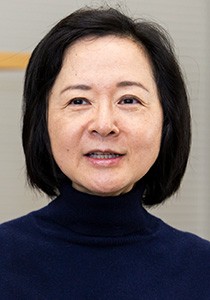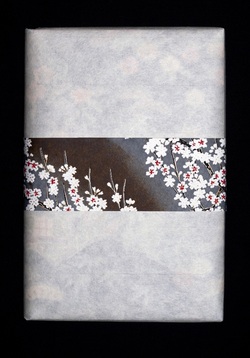

The implications of the cube on sex habits, online and off, are oddly omitted. I could argue, I suppose, that this novel’s corners are too sharp, that it lacks a certain heft and drift. She knows where she’s going and the polyphonic effects she wants to achieve, and she achieves them. All this is wound together nearly everyone is somehow connected. Egan has a gift for combining the outrageous and the plausible without ejecting us from the narrative. The chapters are short the tone is aphoristic the eye for cultural and social detail is Tom Wolfe-like. Inside, 15 or 20 other novels are trying to climb out. The Candy House is a trim 334 pages, but it has a dwarf-star density. It comes alive in dozens of entwined stories, in connections and convergences.


My description.makes this sound like a clash-of-civilizations novel, or a techno nail-biter.but it doesn’t read that way: It’s more nubbly. All sorts of strings from the earlier book are picked up and braided, twanged or cauterized. You don’t have to have read Goon Squad to pick up The Candy House, but it helps.

It makes you feel a bit high, drugged, and fitted with V.R. Jennifer Egan’s new one, The Candy House, is one of these novels. You’ve entered elite head space of one kind or another. Sometimes.you pick up a novel and it makes your skin prickle-not necessarily because it’s a great novel qua novel, which you can’t know until the end, but because of the velocity of its microperceptions. The challenge of a novel whose subject is, in one sense, everything is knowing what to leave out, a dilemma that The Candy House meta-acknowledges repeatedly. Egan knows that she can never offer a complete picture of the global consciousness, only an evocative impression. The biggest criticism I can make of The Candy House is that it kicks us out just when it seems to be getting started.But that is also the strongest praise I can give it. The story doesn’t describe an arc so much as a network diagram it doesn’t end, it stops. If The Candy House is less cohesive than Goon Squad, it may be because its subject is harder to get one’s arms around. Egan is a one-woman R&D department of language. It’s not the A-plot, it’s the soundtrack. She doesn’t construct a master story arc around Own Your Unconscious and its spinoffs instead, they’re just a fact of this world, part of the stuff that goes on in the background. Egan is after more than a cautionary tale she is interested in describing social technology as a lived environment. a spectacular palace built out of rabbit holes.


 0 kommentar(er)
0 kommentar(er)
